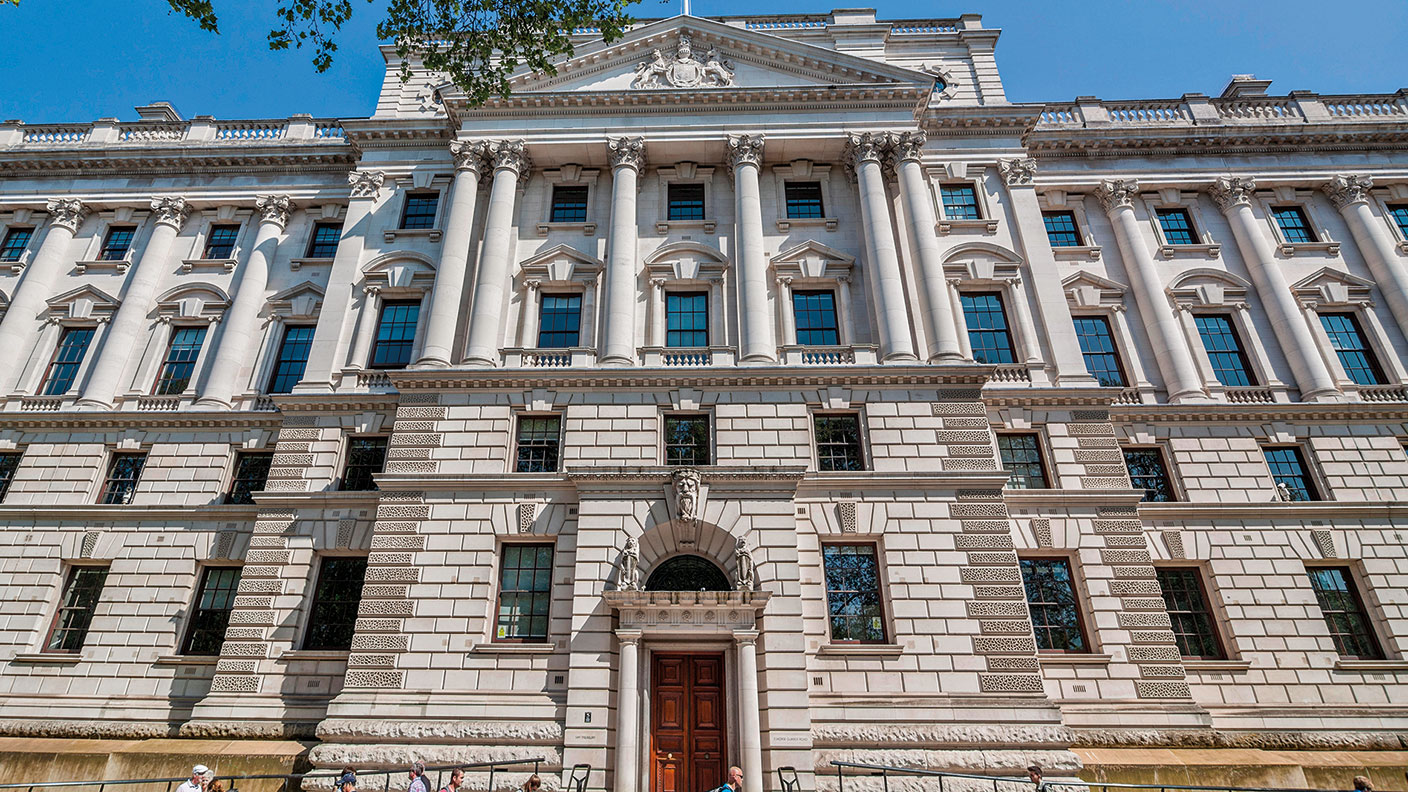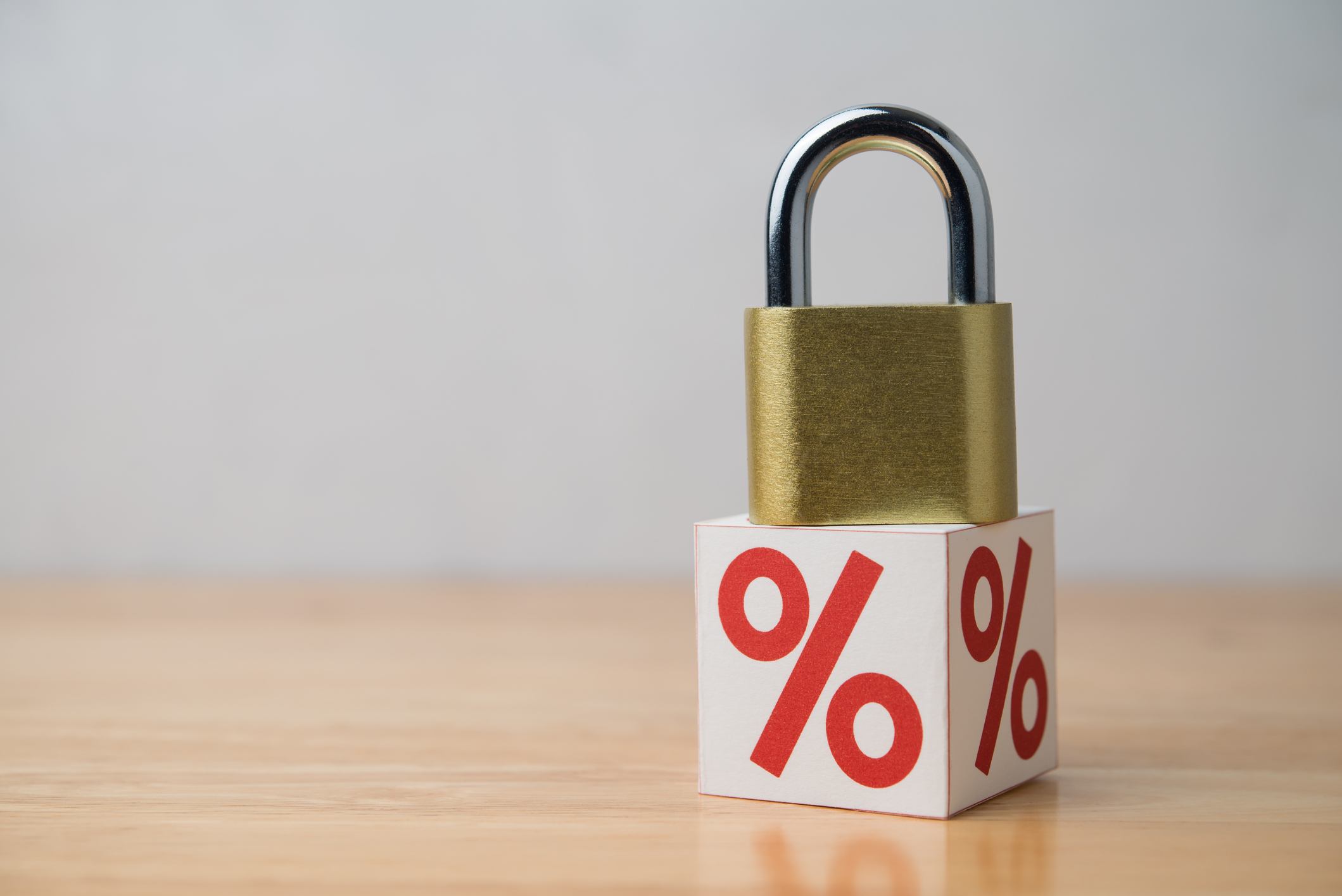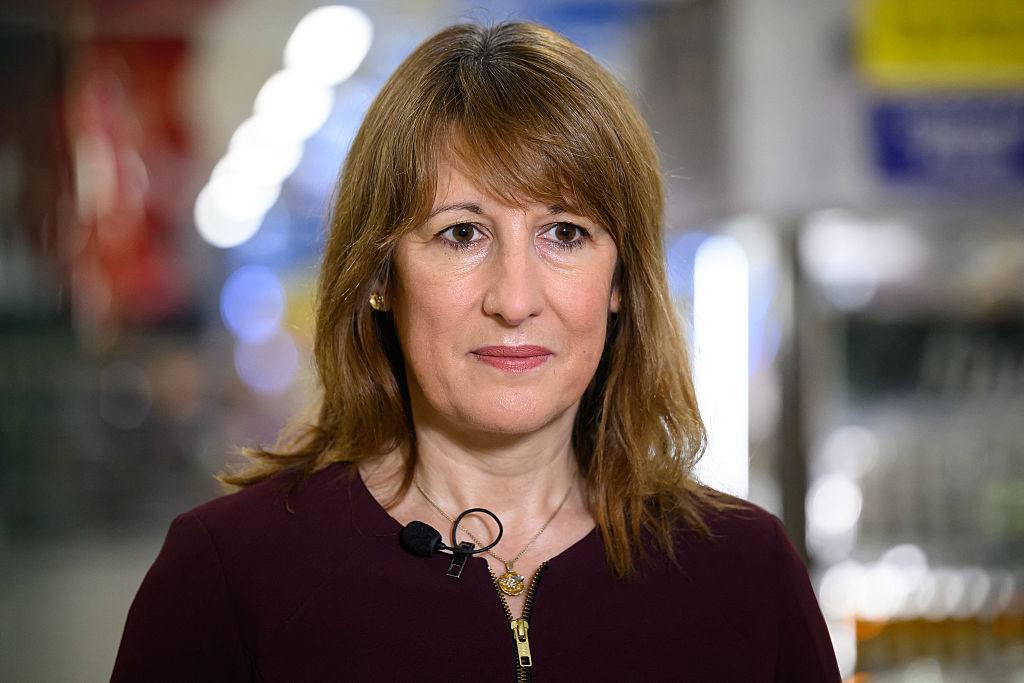NS&I: a safe home for savings
State-backed National Savings & Investments is ready to accept much more money and offers some of the highest interest rates.


Get the latest financial news, insights and expert analysis from our award-winning MoneyWeek team, to help you understand what really matters when it comes to your finances.
You are now subscribed
Your newsletter sign-up was successful
Want to add more newsletters?

Twice daily
MoneyWeek
Get the latest financial news, insights and expert analysis from our award-winning MoneyWeek team, to help you understand what really matters when it comes to your finances.

Four times a week
Look After My Bills
Sign up to our free money-saving newsletter, filled with the latest news and expert advice to help you find the best tips and deals for managing your bills. Start saving today!
With interest rates at historic lows savers have been suffering. But the government has now thrown them a lifeline by boosting the National Savings & Investments (NS&I) deposit limit. NS&I is state-owned and backed by the Treasury. This means your money is 100% guaranteed by the government. With deposit limits of up to £2m on some accounts this makes it an excellent choice if you want to lock away large sums of money safely.
The added attraction of NS&I at present is that it is offering three of the five top-paying savings accounts on the market. However, this has caused a surge in deposits, which creates a problem. Because it is government-backed, NS&I isn’t allowed to take in too much money. So, every year a cap is put in place limiting total deposits.
Until last week this cap was £6bn for the current financial year. But from April to June alone savers deposited £14.5bn. This meant a rate cut was expected. This is usually the case when NS&I hits the deposit limit. It slashes interest rates and closes accounts. But not this time. “NS&I has been asked to bring deposits of £35bn by next April to help the government fund the costs of coronavirus recovery schemes,” reports Adam Williams in The Daily Telegraph. The move should “prevent savings rates... from falling further.”
MoneyWeek
Subscribe to MoneyWeek today and get your first six magazine issues absolutely FREE

Sign up to Money Morning
Don't miss the latest investment and personal finances news, market analysis, plus money-saving tips with our free twice-daily newsletter
Don't miss the latest investment and personal finances news, market analysis, plus money-saving tips with our free twice-daily newsletter
All this means it is a good time to check what interest rate you are currently earning on your savings and see if you would be better off shifting your money to NS&I. If you are looking for an instant-access account, then NS&I’s Income Bonds top the best buy tables, paying 1.15%. You can deposit between £500 and £1m into the account and make withdrawals whenever you like. Just be aware that the minimum withdrawal is £500. This account can be managed online, by phone or post.
NS&I’s Direct Saver account pays 1% on deposits from £1 to £2m and allows unlimited withdrawals of any amount without notice. You can access your account online or by phone. Then there is the so-called Investment Account, which is actually just an easy-access cash savings account. You can save between £20 and £1m and earn 0.8% interest. It can only be operated by post.
All in all, you could tuck up to £4m into NS&I’s best-buy accounts safe in the knowledge your money is 100% guaranteed. Just make sure you keep an eye out for better deals if savings rates eventually start to improve.
Get the latest financial news, insights and expert analysis from our award-winning MoneyWeek team, to help you understand what really matters when it comes to your finances.

Ruth Jackson-Kirby is a freelance personal finance journalist with 17 years’ experience, writing about everything from savings accounts and credit cards to pensions, property and pet insurance.
-
 Average income tax by area: Where in the UK pays the most tax mapped
Average income tax by area: Where in the UK pays the most tax mappedThe UK’s total income tax bill was £240.7 billion 2022/23, but the tax burden is not spread equally around the country. We look at the towns and boroughs that have the highest average income tax bill.
-
 BBC TV licence fee hike confirmed: can you reduce how much you pay?
BBC TV licence fee hike confirmed: can you reduce how much you pay?The cost of a TV licence fee is set to rise by over 3%, but there are ways to reduce the bill.
-
 NS&I February Premium Bonds winners revealed – did you win £1 million?
NS&I February Premium Bonds winners revealed – did you win £1 million?More than 2.7 million historic Premium Bonds prizes are still waiting to be claimed, NS&I says
-
 ISA reforms will destroy the last relic of the Thatcher era
ISA reforms will destroy the last relic of the Thatcher eraOpinion With the ISA under attack, the Labour government has now started to destroy the last relic of the Thatcher era, returning the economy to the dysfunctional 1970s
-
 NS&I cuts interest rates on 8 savings accounts – are they still worth it?
NS&I cuts interest rates on 8 savings accounts – are they still worth it?NS&I will now offer less attractive interest rates for customers wishing to lock their savings away to grow for one, two, three or five years.
-
 Why UK stocks are set to boom
Why UK stocks are set to boomOpinion Despite Labour, there is scope for UK stocks to make more gains in the years ahead, says Max King
-
 Should ISA investors be forced to hold UK shares?
Should ISA investors be forced to hold UK shares?The UK government would like ISA investors to hold more UK stocks – but many of us are already overexposed
-
 Parents face £1,000 'nanny tax' – how to afford it
Parents face £1,000 'nanny tax' – how to afford itHiring a nanny is about to become even more of an expensive hassle for families, especially those in London. Here's how to cut costs
-
 Lock in high yields on savings, before they disappear
Lock in high yields on savings, before they disappearAs interest rates peak, time to lock in high yields on your savings, while they are still available.
-
 One-year fixed savings drop below 6% - have they reached their peak?
One-year fixed savings drop below 6% - have they reached their peak?The best one-year fixed-rate savings deals have fallen below the 6% mark. Find out if saving rates have reached their peak and the current top rates on the market.